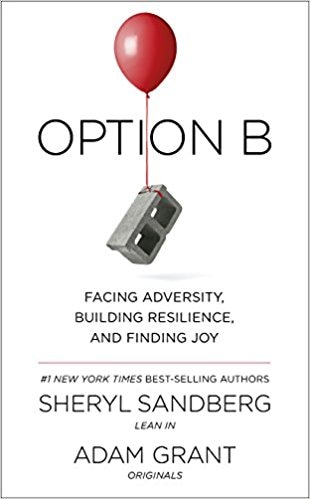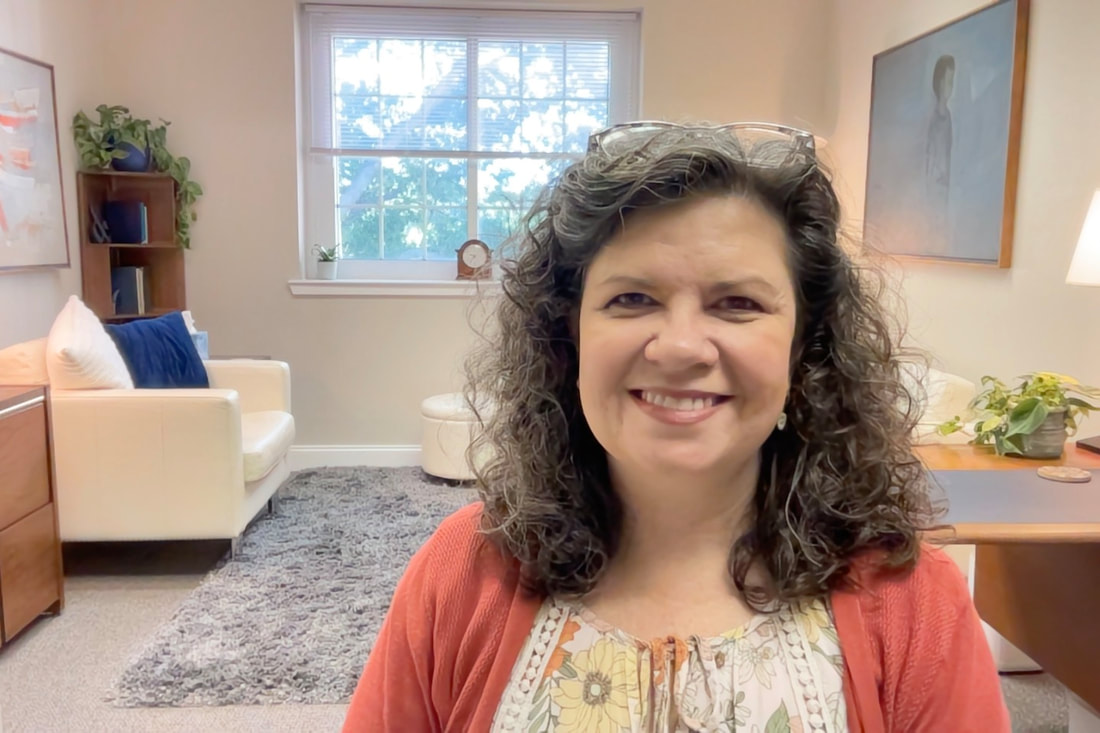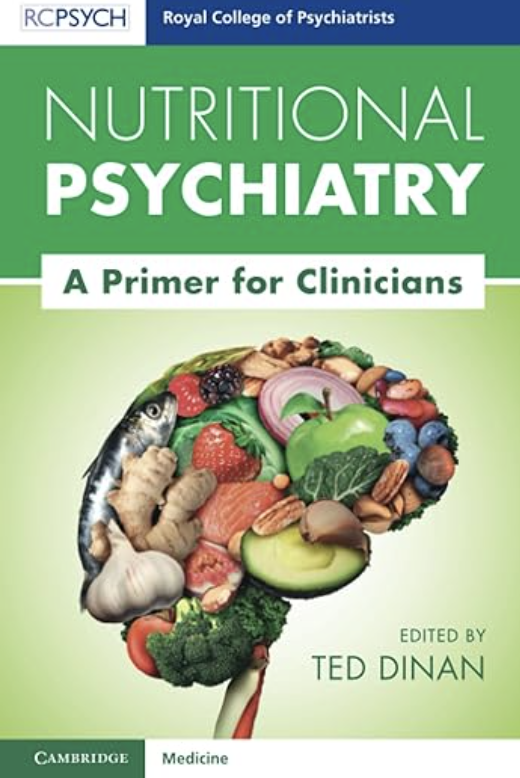|
This article by Scott Berinato of the HBR explores the different types of grief we are collectively experiencing in the face of this pandemic. There is a storm coming. There’s something bad out there. With a virus, this kind of grief is so confusing for people. Our primitive mind knows something bad is happening, but you can’t see it. This breaks our sense of safety. We feel the world has changed, and it has. We know this is temporary, but it doesn’t feel that way, and we realize things will be different. Just as going to the airport is forever different from how it was before 9/11, things will change and this is the point at which they changed. The loss of normalcy; the fear of economic toll; the loss of connection. This is hitting us and we’re grieving. Collectively. Finding ways to name what we are feeling, to speak it and ask for help, empowers us to experience and then move through the emotion. As the David Kessler states in the interview, “Emotion needs motion.” Kessler suggests grounding and mindfulness techniques to help calm overwhelming anxiety and re-center ourselves in the present and on the aspects of this situation which we can control.
As psychologist Guy Winch explains, "Much as accountants' busiest time of year is tax season in April, we therapists see our practices overflow in November and December. Why? ‘Tis the season of family gatherings."
Family gatherings have the potential to help us feel connected and loved, but even within the best of family dynamics, cooking, cleaning, and coordinating schedules can be stressful. And the fact of the matter is that not every family shares the best dynamics on display in Hallmark Holiday Specials. Family gatherings can bring old wounds to the surface, and leave many feeling less connected, less understood, and alone despite the holiday crowds. For those who live far from family and friends, singles, and those who are newly separated, divorced or grieving, the family-focused holidays can be a painful and lonely time. Add these factors to the days getting shorter, the weather colder, spending less time outdoors in the sun, and it is easy to understand how the holidays can leave us feeling stressed out and blue. The following resources can help you survive and thrive through this holiday season:
If you find yourself feeling overwhelmed with stress or sadness, know that you are not alone. Talking with a therapist about coping with the holidays specifically, or untangling long-standing relationship patterns, can be useful and help you move through the holidays and into the new year with less stress, more understanding of yourself and others, and more skills to navigate this time of year with more grace and less stress in the future. Facebook executive, Sheryl Sandberg, is an enormously successful technology executive (named one of the 100 most influential people in the world by Time magazine in 2012), author and speaker. Over the past few weeks, she has been making the rounds on day and nighttime talk-shows promoting something much closer to her own heart, her new book, Option B: Facing adversity, building resilience and finding joy. The book, written with Sheryl's friend, psychologist Adam Grant, is at once a deeply personal reflection on Sheryl's sudden loss of her husband Dave to heart failure at age 47, and inspiring call to find meaning, purpose, and develop resilience in the face of adversity. As Sandberg writes, we are not born with a set amount of resilience, after which small and large challenges threaten to overwhelm us. But rather, resilience is like a muscle, that can be strengthened and developed throughout our lives. Sandberg and Grant worked together to write the book and to launch Option B, an organization with the mission to bring people together to support one another and share resources from experts on building resilience. OptionB.Org is dedicated to helping you build resilience in the face of adversity—and giving you the tools to help your family, friends, and community build resilience too. Here, you can read and share personal stories, join groups for solidarity and support, and find information from experts. Option B, the book and the organization, promise to be excellent resources for those coping with loss and adversity, and all those searching for meaning and joy. Here you can read excerpts or listen to the full recent interview on NPR in which Sheryl discusses her new book and advice on how to help someone who is grieving. Below you will find the full video of Sheryl's moving 2016 commencement address at UC Berkeley in which she discusses her own grief and advice on developing a spirit of gratitude and resilience. Heads Together is a UK campaign, spearheaded by the Duke and Duchess of Cambridge and Prince Harry to end stigma around mental health. This week the campaign released a video of the Duke, Duchess and Prince discussing their support of the mental health initiative. The Heads Together campaign has partnered with this weekend's London Marathon to help raise awareness and encourage people to speak up about and prioritize their mental health (all the runners will be given Heads Together headbands, modeled by the Royal Family above). “Since we launched Heads Together last May, we have seen time and time again that shattering stigma on mental health starts with simple conversations. When you realise that mental health problems affect your friends, neighbours, children and spouses, the walls of judgement and prejudice around these issues begin to fall. And we all know that you cannot resolve a mental health issue by staying silent." Here in the US, the OK to Say campaign has been working to encourage people to talk openly about mental health. So often people do not ask for or seek out the help that they need because of stigma. Sharing our stories and working as a community to encourage one another and share resources can improve and save lives.
If you are interested in continuing this conversation and showing your support, consider joining the National Alliance on Mental Illness (NAMI) annual Dallas NAMI Walks 5k coming up in on May 13.
On September 10th, join with others around the world who are working towards the common goal of preventing suicide. Check in on someone you may be concerned about, listen to what they say, how they say it and show them kindness and support. Investigate ways of linking in with others who are trying to prevent suicide in your community, your country, or internationally. Show your support by organizing or taking part in a WSPD activity in your area and/or join in with IASP’s Cycle Around the Globe.
Elizabeth Kubler-Ross's groundbreaking work with terminally ill patients asked important questions about the lived-experience of those who are coping with dying. From this work was born the 5-stage model of coping with dying: denial, anger, bargaining, depression, and acceptance. This research, published in Kubler-Ross's 1969 book On Death and Dying, was intended as a description of patients' experiences of coping with dying. Eventually, however, this theory was taken up by professionals and the public as a prescription for how people cope with the death of another, that is, as a model of the grieving process. Even today, some health professionals, mental health professionals, chaplains, and other well-meaning folk, often explain to those who are grieving that these are the 5 stages they should expect to go through and the order in which they should go through them. Some even become frustrated with someone who is grieving for “doing it wrong.”
The truth is that as human beings we grieve as uniquely as we love. Any one of us may experience one of the “stages” that Kubler-Ross described, but perhaps not all, and certainly not in a neatly prescribed order. You may be aware of your own grieving experiences in which other thoughts or feelings (such as feeling numb or cut off from the world around you) are more prominent, at least for a time. There is no one way to grieve a loss, just as there is no one way to build relationships and memories. A recent article by Tessie Mastorakos featured on Psychology Today speaks to the unique experiences of parents who are coping with the loss of a child, and helps to challenge the old stage model with emerging research. Click here to read the full text of Mastorakos's article. |
About the AuthorClinical psychologist Dr. Kristy Novinski contributes insights, book and film reviews, discussions of pop culture, and exploration of news and research in the field of psychology. What I'm Reading
Categories
All
|
Las Colinas Psychological Services, PLLC |
© 2023 Las Colinas Psychological Services, PLLC. All rights reserved.
|







 RSS Feed
RSS Feed

